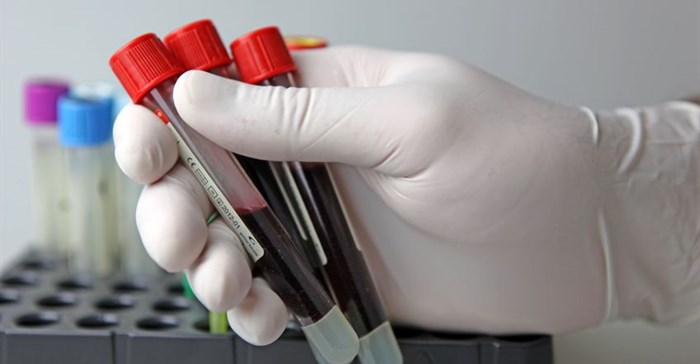
Top stories




Marketing & MediaWarner Bros. was “nice to have” but not at any price, says Netflix
Karabo Ledwaba 1 day


More news

Logistics & Transport
Maersk reroutes sailings around Africa amid Red Sea constraints

















Using a species of the tobacco plant, CSIR researchers, in collaboration with South Africa's National Institute of Communicable Diseases and Mapp Biopharmaceutical, have successfully produced HIV antibodies at levels that bring the health industry a small step closer to an economically viable preventative treatment against HIV.
"In 2001, leaders of 189 nations recognised that Aids is among the greatest development crises in human history, and they agreed to a set of targets to halt and begin to reverse the epidemic by 2015.
"Since then, important scientific advances have been made in the fight against the virus that causes Aids, human immunodeficiency virus (HIV), and the CSIR is proud to be part of this scientific advance," said Dr Tsepo Tsekoa, the CSIR's biopharming platform champion.
Antibodies, with the ability to neutralise many different strains of HIV, which were first discovered in an international acute HIV infection study led by the Centre for the Aids Programme of Research in South Africa (CAPRISA) in 2004 (results reported in 2008) were initially produced using a mammalian-based cell culture system.
CSIR researchers have now succeeded in making equivalent antibodies using Nicotiana benthmiana, which is related to the commercial tobacco plant.
The genetic codes of the HIV antibodies were introduced into the leaves to produce the antibodies in the plant.
Tests showed that the plant-expressed antibodies were able to neutralise HIV isolates in the laboratory.
During the past year, CSIR researchers showed that the antibodies could be produced at high levels that are potentially economically viable for the treatment of HIV in Southern Africa.
The next steps include the scale-up of the process, formulation and the design of potential products that could be tested on humans in collaboration with the consortium. These may include gels or other forms of pre-exposure prophylaxis against HIV.
"Although an effective vaccine against HIV is yet to be discovered, the past 32 years of the epidemic has seen some important developments that are leading us towards the discovery of an effective HIV vaccine. There are high hopes that the world is 'getting to zero'," Dr Tsekoa said.
SAnews.gov.za is a South African government news service, published by the Government Communication and Information System (GCIS). SAnews.gov.za (formerly BuaNews) was established to provide quick and easy access to articles and feature stories aimed at keeping the public informed about the implementation of government mandates.
Go to: http://www.sanews.gov.za